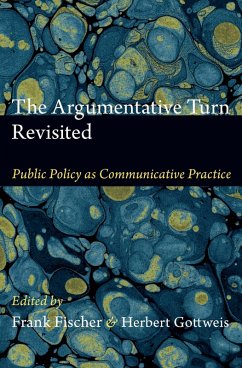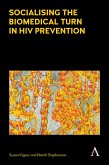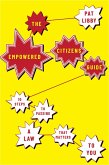Rejecting the notion that policy analysis and planning are value-free technical endeavors, an argumentative approach takes into account the ways that policy is affected by other factors, including culture, discourse, and emotion. The contributors to this new collection consider how far argumentative policy analysis has come during the past two decades and how its theories continue to be refined through engagement with current thinking in social theory and with the real-life challenges facing contemporary policy makers.The approach speaks in particular to the limits of rationalistic, technoscientific policy making in the complex, unpredictable world of the early twenty-first century. These limits have been starkly illustrated by responses to events such as the environmental crisis, the near collapse of the world economy, and the disaster at the nuclear power plant in Fukushima, Japan. Addressing topics including deliberative democracy, collaborative planning, new media, rhetoric, policy frames, and transformative learning, the essays shed new light on the ways that policy is communicatively created, conveyed, understood, and implemented. Taken together, they show argumentative policy inquiry to be an urgently needed approach to policy analysis and planning.Contributors. Giovanni Attili, Hubertus Buchstein, Stephen Coleman, John S. Dryzek, Frank Fischer, Herbert Gottweis, Steven Griggs, Mary Hawkesworth, Patsy Healey, Carolyn M. Hendriks, David Howarth, Dirk Jorke, Alan Mandell, Leonie Sandercock, Vivien A. Schmidt, Sanford F. Schram
Dieser Download kann aus rechtlichen Gründen nur mit Rechnungsadresse in A, B, BG, CY, CZ, D, DK, EW, E, FIN, F, GR, HR, H, IRL, I, LT, L, LR, M, NL, PL, P, R, S, SLO, SK ausgeliefert werden.









